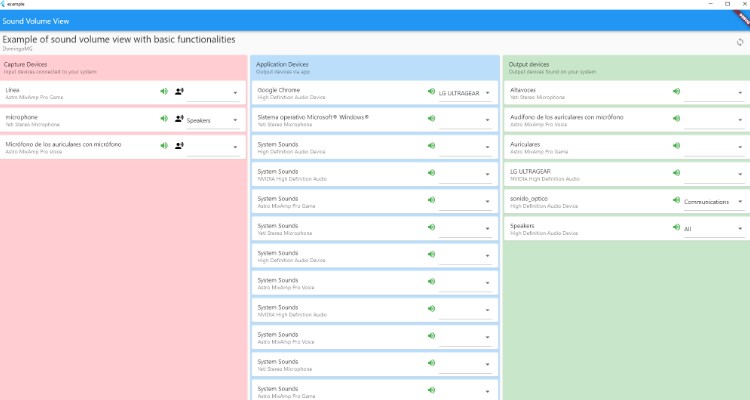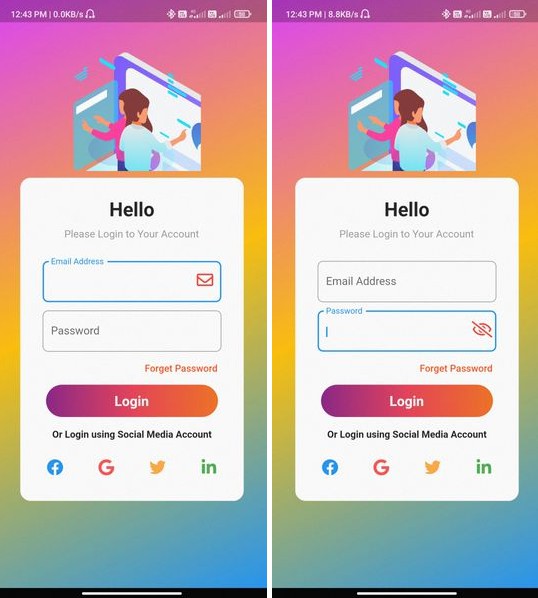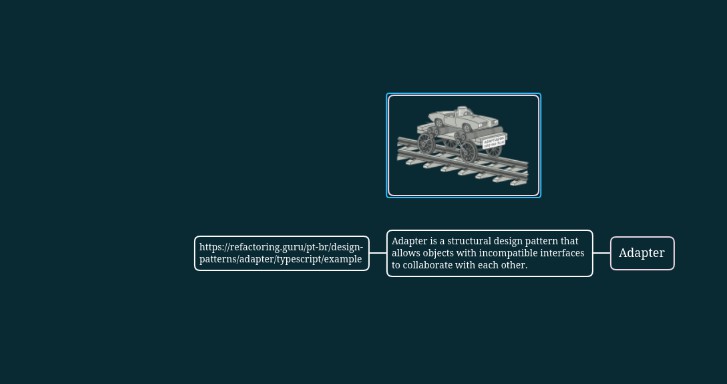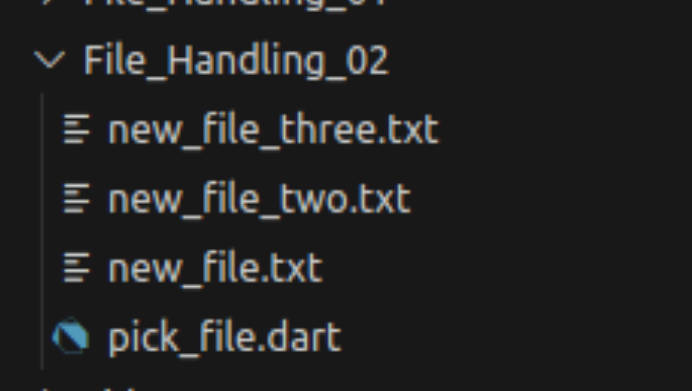deposit
A data backend agnostic repository pattern package for Dart and Flutter.
Overview
The goal of this package is to provide a repository pattern that is agnostic for any given data
backend.
This design pattern (which comes from Domain-driven Design)
helps to write data layers without having to know the data backend.
This package abstracts all the aspects of the pattern into a single consistent API.
Entity
An Entity class is the base of the data model part of the repository pattern. The class defines
how data from a backend should be read and it serves as a reference to that data on the backend.
Defining an Entity
class MovieEntity extends Entity {
MovieEntity({
this.id,
required this.title,
});
factory MovieEntity.fromJSON(Map<String, dynamic> data) {
return MovieEntity(
id: data['id'] as int?,
title: data['title'] as String? ?? 'No title',
);
}
int? id;
String title;
@override
Map<String, dynamic> toJSON() {
return <String, dynamic>{
'id': id,
'title': title,
};
}
@override
String toString() => 'Movie(id: $id, title: $title)';
}
Deposit
A Deposit is a class that provides a single consistent API for the repository pattern. It uses
an Entity as a relation on how to read and write data to any given data backend.
A Deposit class has a reference to table/collection on the data backend from which it can read
and write data.
Creating a Deposit
You can create a Deposit in two different ways. The first one is by extending from the class
itself, this allows for adding custom methods tailed to any specific usecase:
class MovieDeposit extends Deposit<MovieEntity, int> {
MovieDeposit() : super('movies', MovieEntity.fromJSON, adapter: OptionalDepositAdapter());
}
The Deposit class can also be used directly, while this is not recommend there is also nothing
against it:
final movieDeposit = Deposit<MovieEntity, int>('movies', MovieEntity.fromJSON);
DepositAdapter
The DepositAdapter is an agnostic class that defines how a Deposit instance should talk to a
data backend. By default a Deposit instance will use the Deposit.defaultAdapter if no adapter
was passed on initialization.
The deposit package comes with an in-memory adapter called MemoryDepositAdapter. But there is
by default no adapter set, this should be done explicitly by the package user.
The following data backends are officially supported:
Setting the default adapter
By setting the Deposit.defaultAdapter any Deposit instance that did not receive an adapter
on initialization will use the default adapter:
Deposit.defaultAdapter = MemoryDepositAdapter();




